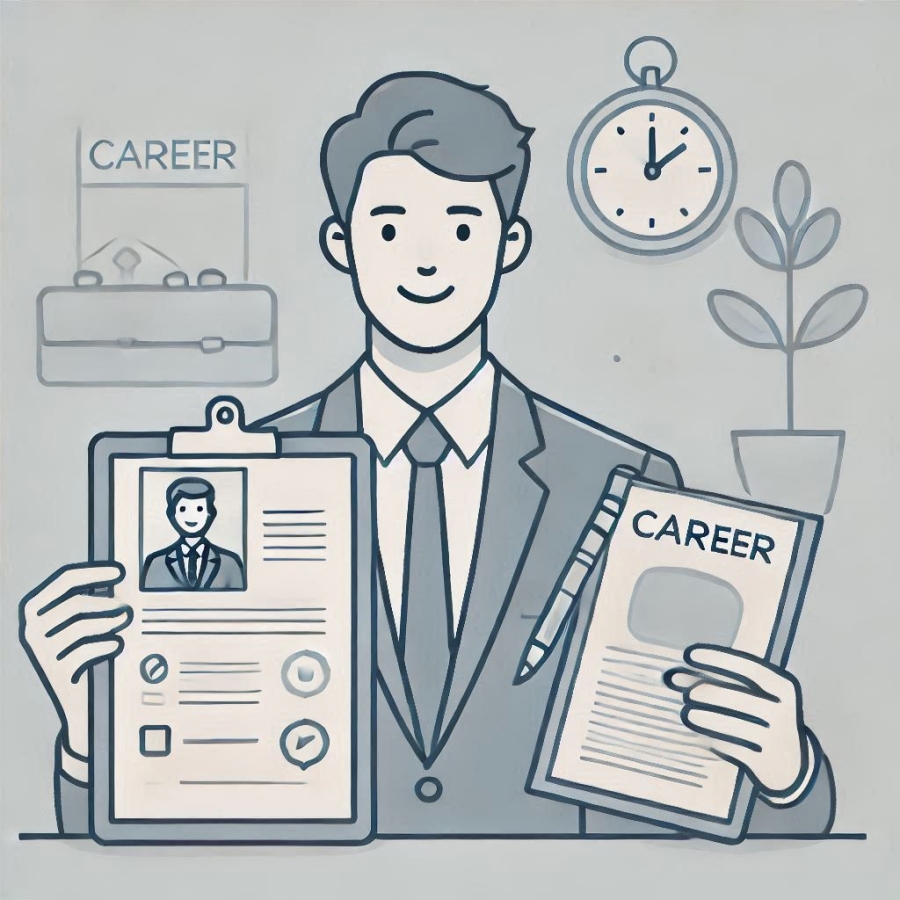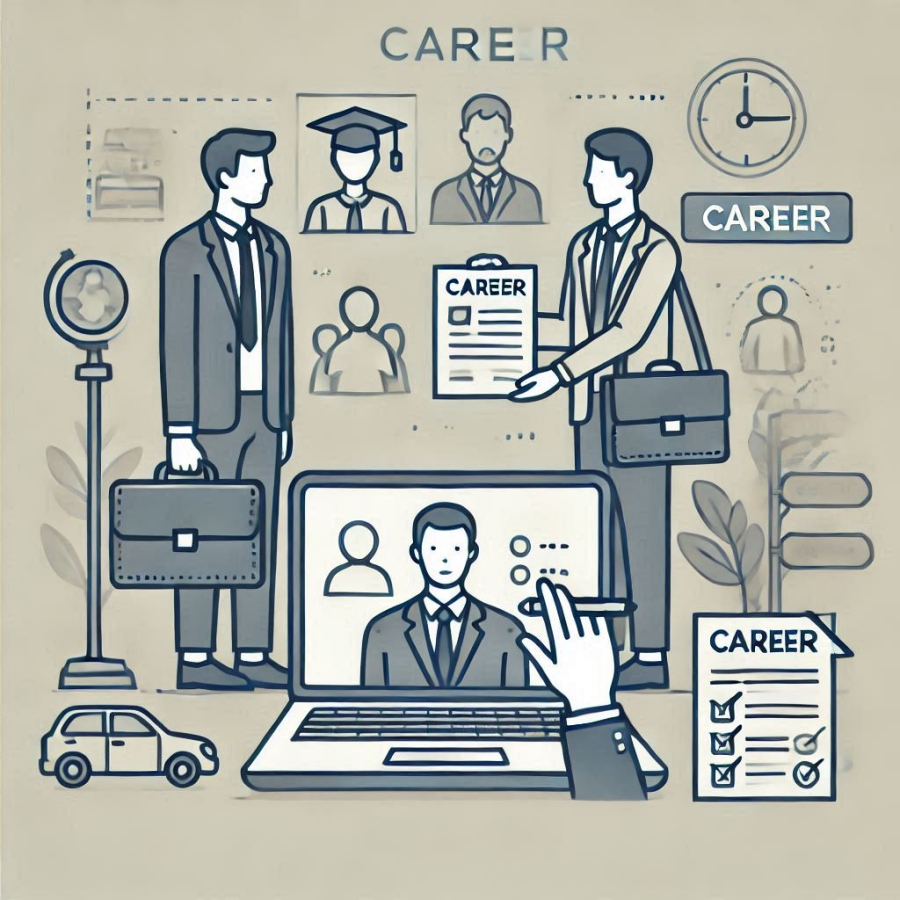- Afghanistan
- Åland Islands
- Albania
- Algeria
- American Samoa
- Andorra
- Angola
- Anguilla
- Antarctica
- Antigua and Barbuda
- Argentina
- Armenia
- Aruba
- Australia
- Austria
- Azerbaijan
- Bahamas
- Bahrain
- Bangladesh
- Barbados
- Belarus
- Belgium
- Belize
- Benin
- Bermuda
- Bhutan
- Bolivia
- Bonaire, Sint Eustatius, and Saba
- Bosnia and Herzegovina
- Botswana
- Bouvet Island
- Brazil
- British Indian Ocean Territory
- British Virgin Islands
- Brunei
- Bulgaria
- Burkina Faso
- Burundi
- Cambodia
- Cameroon
- Canada
- Cape Verde
- Cayman Islands
- Central African Republic
- Chad
- Chile
- China
- Christmas Island
- Cocos [Keeling] Islands
- Colombia
- Comoros
- Cook Islands
- Costa Rica
- Croatia
- Cuba
- Curaçao
- Cyprus
- Czech Republic
- Congo - Kinshasa
- Denmark
- Djibouti
- Dominica
- Dominican Republic
- Timor-Leste
- Ecuador
- Egypt
- El Salvador
- Equatorial Guinea
- Eritrea
- Estonia
- Ethiopia
- Falkland Islands
- Faroe Islands
- Fiji
- Finland
- France
- French Guiana
- French Polynesia
- French Southern Territories
- Gabon
- Gambia
- Georgia
- Germany
- Ghana
- Gibraltar
- Greece
- Greenland
- Grenada
- Guadeloupe
- Guam
- Guatemala
- Guernsey
- Guinea
- Guinea-Bissau
- Guyana
- Haiti
- Heard Island and McDonald Islands
- Honduras
- Hong Kong SAR China
- Hungary
- Iceland
- India
- Indonesia
- Iran
- Iraq
- Ireland
- Isle of Man
- Israel
- Italy
- Côte d’Ivoire
- Jamaica
- Japan
- Jersey
- Jordan
- Kazakhstan
- Kenya
- Kiribati
- Kosovo
- Kuwait
- Kyrgyzstan
- Laos
- Latvia
- Lebanon
- Lesotho
- Liberia
- Libya
- Liechtenstein
- Lithuania
- Luxembourg
- Macau SAR China
- Macedonia
- Madagascar
- Malawi
- Malaysia
- Maldives
- Mali
- Malta
- Marshall Islands
- Martinique
- Mauritania
- Mauritius
- Mayotte
- Mexico
- Micronesia
- Moldova
- Monaco
- Mongolia
- Montenegro
- Montserrat
- Morocco
- Mozambique
- Myanmar [Burma]
- Namibia
- Nauru
- Nepal
- Netherlands
- Netherlands Antilles
- New Caledonia
- New Zealand
- Nicaragua
- Niger
- Nigeria
- Niue
- Norfolk Island
- North Korea
- Northern Mariana Islands
- Norway
- Oman
- Pakistan
- Palau
- Palestinian Territories
- Panama
- Papua New Guinea
- Paraguay
- Peru
- Philippines
- Pitcairn Islands
- Poland
- Portugal
- Puerto Rico
- Qatar
- Congo - Brazzaville
- Réunion
- Romania
- Russia
- Rwanda
- Saint Barthélemy
- Saint Helena
- Saint Kitts and Nevis
- Saint Lucia
- Saint Martin
- Saint Pierre and Miquelon
- Saint Vincent and the Grenadines
- Samoa
- San Marino
- São Tomé and Príncipe
- Saudi Arabia
- Senegal
- Serbia
- Serbia and Montenegro
- Seychelles
- Sierra Leone
- Singapore
- Sint Maarten
- Slovakia
- Slovenia
- Solomon Islands
- Somalia
- South Africa
- South Georgia and the South Sandwich Islands
- South Korea
- South Sudan
- Spain
- Sri Lanka
- Sudan
- Suriname
- Svalbard and Jan Mayen
- Swaziland
- Sweden
- Switzerland
- Syria
- Taiwan
- Tajikistan
- Tanzania
- Thailand
- Togo
- Tokelau
- Tonga
- Trinidad and Tobago
- Tunisia
- Turkey
- Turkmenistan
- Turks and Caicos Islands
- Tuvalu
- U.S. Virgin Islands
- Uganda
- Ukraine
- United Arab Emirates
- United Kingdom
- United States
- U.S. Minor Outlying Islands
- Uruguay
- Uzbekistan
- Vanuatu
- Vatican City
- Venezuela
- Vietnam
- Wallis and Futuna
- Western Sahara
- Yemen
- Zambia
- Zimbabwe
10 Phone Interview Advice That Will Get You Past the First Round

10 Phone Interview Advice That Will Get You Past the First Round
It can be intimidating to prepare for your first phone interview, but if you plan ahead, you'll ace it.
1. Select a Quiet Area
The fact that distractions may ruin an excellent interview cannot be emphasized enough. Anything that produces noise or diverts your focus from the conversation should not be in the background. Smartphones and other electronic gadgets can broadcast and pick up sounds that you might not even be aware of, which might distract you and the recruiter. Never schedule an interview when children are present or asleep because they are frequently unreliable and noisy. Avoid areas that are noisy, such as the outdoors, your car, or any other location. You must show your potential employer that you have the space necessary to concentrate and be productive if you plan to work remotely.
2. Eliminate Distractors
Distractions are everywhere, whether in your home office or another room of the house. When you're under stress, publications might fall to the floor, computers can play desktop warnings, and folding laundry can compete for your attention. Before you start the interview, take some time to clear your mind of those distractions. Put the laundry in the closet, turn off your computer and cell phone, and hide the books and periodicals.
3. Describe the talking points
You can readily have notes on hand for reference when conducting a phone interview instead of being recorded or conducted in person. Do your research before answering challenging interview questions. Note these on a notepad that you may keep close to your phone. You should have a prepared 30-second elevator pitch that outlines your qualifications for the job and why you applied. Be prepared to explain how your skills match the role and how you envision yourself excelling in it.
4. Choose Your Clothes Carefully
Even if the interview will be conducted over the phone and you won't be able to see the interviewer, you shouldn't wear your yoga pants. The cliche "dress for success" can be true. Dress in a way that will help you feel professional and at your best. That may entail dressing in trousers and a dressy blouse like you would for a face-to-face interview. Alternatively, perhaps you can wear jeans and feel comfortable. In any case, keep in mind that what you're wearing can have an impact on how confident you sound on the phone.
5. Test Your Tech
Always check that your equipment is working before an interview. If you're using a cell phone, be sure your signal is strong. When using an online platform like Skype or Zoom, be sure your internet connection is quick and dependable. To ensure that your microphone and camera are operational, you may always conduct a test run with a friend. Since rescheduling isn't always possible, you must remember this phone interview tip.
6. Spend time preparing.
Additionally, you must be able to quickly access essential information. As a general rule, keep a copy of your resume, company information, job description, and any correspondence from the employer close at hand. Highlight important job descriptions and desired traits so you won't forget to include them when answering open-ended queries.
7. Pay attention to your nonverbal cues
Although it may seem strange advice, smiling when the camera is off causing your voice to sound happier. In addition to making you sound enthusiastic and glad to be discussing your qualifications over the phone, smiling can help you feel more at ease and reduce your nerves.
Try saying, "I'm interested in this job," out loud. Say it once more, but this time, grin. Did you notice the distinction? People can tell when you're smiling because it makes your voice sound better. Additionally, grinning will probably make you feel better and have a positive impact on how the remainder of the interview goes. In the same way, how you carry yourself during a phone interview matters.
You can become more self-assured by sitting up straight, controlling your breathing, and not fidgeting with your hands. If your video is not working, you can conduct the interview while standing. Standing up enables you to breathe more deeply and improves the clarity of your voice. Standing makes it easier for presenters to pace, relax their muscles, and project confidence in their voices, which is harder to do when seated.
8. Pause to take a breath.
You must pay more attention to silence in a phone interview. Give the interviewer more time than usual to finish speaking after they have started. On phone calls, talking over the other person frequently results in a round of "Oh, sorry, what did you say?" If you wait until the interviewer has finished speaking, the conversation will probably flow more easily.
9. Make Meaningful Inquiries
Interviews should be conducted in a formal but friendly manner. Engaging in the conversation will demonstrate your interest in the job and provide them with information about you. Andrews suggested the following advice for phone interviews:
"Have a list of relevant questions ready and alongside you throughout the conversation rather than relying on memory for the right questions to ask. I advise listing at least four before being asked if you have any questions in case they have already addressed a few of them. What makes today at the workplace a great day? What makes today difficult? What does a productive worker seem to like to you? How will my performance at work be assessed? Find out the interviewer's plans for the future and when you might expect to hear from them. Inquire if there is anything else you can send them, too.
10. Conclude by saying "Thank You"
Sending a thank-you email to the interviewer the same day of the interview is the last,
and most crucial, step in any successful interview. Keep your response professional but succinct by thanking them for their time, highlighting a few reasons why you'd be a
perfect fit for the job, and restating your enthusiasm for the role and business.

 by Kirthi Writes
by Kirthi Writes



